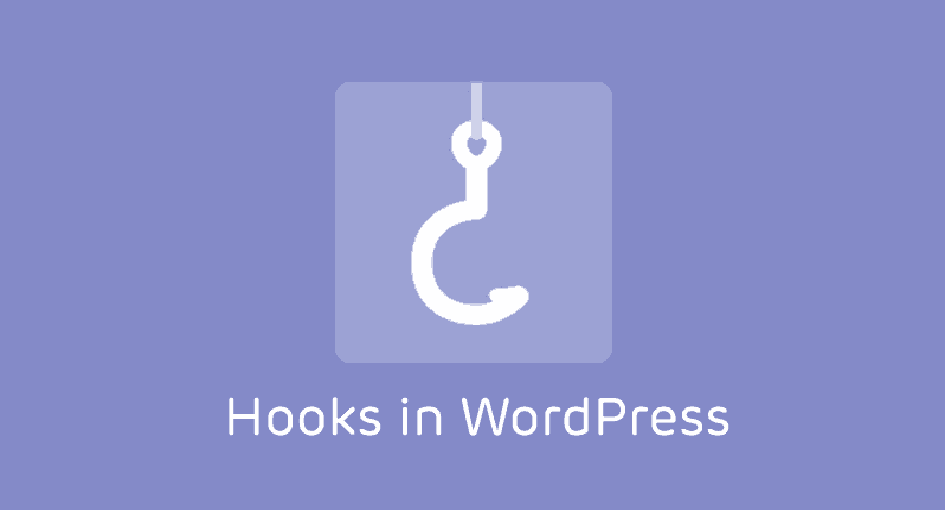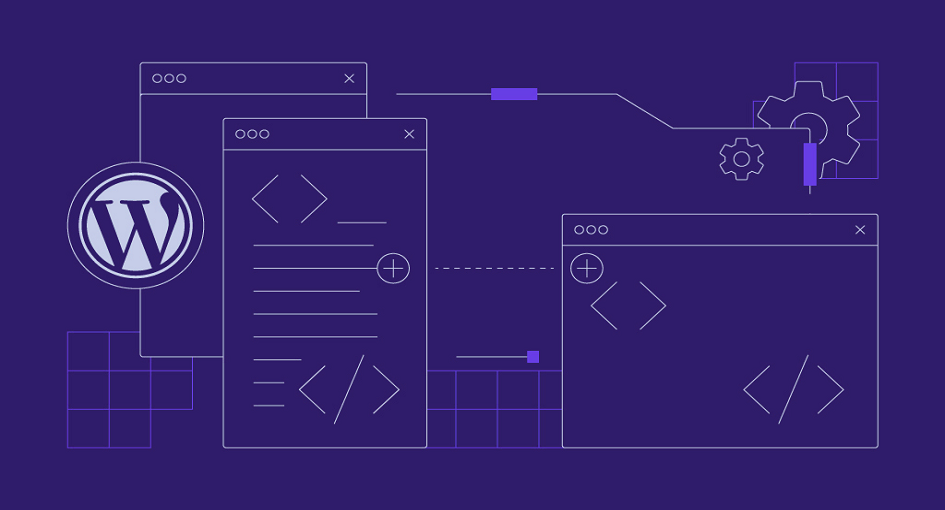
WordPress, the versatile and widely used content management system (CMS), offers a powerful way to boost your website’s technical SEO through the use of hooks. This comprehensive guide will explore the world of WordPress hooks and their pivotal role in optimizing your website for search engines.
Before delving into the intricacies of WordPress hooks, let’s comprehend their significance in the CMS ecosystem. Word-Press hooks are essential functions that allow developers to modify, customize, or enhance the behavior of a WordPress site without altering the core code. They act as connectors, enabling seamless integration of custom functionality and plugins.
Types of Word-Press Hooks
WordPress offers two main types of hooks: action hooks and filter hooks. Action hooks trigger specific events or actions within WordPress, such as publishing a post or updating a widget. Filter hooks, on the other hand, allow you to modify data before it is displayed or processed.
Why Hooks Matter for SEO
Understanding why hooks matter for SEO is crucial. Hooks empower you to fine-tune various aspects of your website that directly impact SEO, such as meta tags, canonical URLs, and structured data. By harnessing the power of hooks, you gain precise control over your website’s SEO components, leading to improved search engine rankings.
Let’s explore how action hooks can be leveraged to enhance your website’s technical SEO.
Optimizing Metadata
Action hooks come to the rescue when you need to optimize metadata. You can use hooks like wp_head to insert custom meta tags, titles, and descriptions, ensuring that search engines receive accurate and SEO-friendly information about your pages.
Speeding Up Load Times
Site speed is a critical SEO factor. Action hooks allow you to defer or prioritize resource loading, enhancing your website’s speed and performance. Looks like wp_enqueue_scripts enables you to manage scripts and styles efficiently.
Structured Data Implementation
Structured data, in the form of Schema markup, helps search engines understand your content better. Action hooks can be used to inject structured data into your pages, providing search engines with valuable information about your content.
Filter hooks are equally essential in your quest to boost technical SEO. Let’s dive into their applications.
Customizing Permalinks
Permalinks, or the structure of your website’s URLs, play a vital role in SEO. Filter hooks like post_link and term_link allow you to customize and optimize your permalinks, making them more search engine-friendly.
Controlling Indexability
Controlling which pages should be indexed by search engines is crucial. Filter hooks offer control over the robots.txt file, allowing you to specify which parts of your site should be crawled and indexed.
Enhancing Content
Filter hooks provide the ability to filter and modify content before it is displayed. This is particularly useful for SEO as you can insert canonical URLs, manage nofollow attributes, and sanitize user-generated content to ensure it meets SEO standards.
Explore practical SEO enhancements that you can implement using Word-Press hooks.
Implementing Breadcrumbs
Breadcrumbs are not only user-friendly but also beneficial for SEO. Action and filter hooks can help you add breadcrumbs to your website, improving navigation and search engine visibility.
Managing Pagination
Pagination can be tricky when it comes to SEO. Utilizing hooks like rel_next and rel_prev allows you to inform search engines about the structure of your paginated content, preventing duplicate content issues.
Integrating Social Metadata
Social media plays a significant role in modern SEO. With hooks, you can easily insert Open Graph and Twitter Card meta tags, ensuring that your content appears correctly when shared on social platforms.

Before you embark on your journey to optimize your website’s technical SEO using Word-Press hooks, let’s cover some best practices and valuable resources.
Best Practices
Follow best practices when working with hooks, such as maintaining a child theme, documenting your changes, and testing thoroughly to avoid conflicts.
Debugging and Troubleshooting
Learn how to debug and troubleshoot issues that may arise when implementing hooks. WordPress offers built-in debugging tools and error logs to assist you.
Additional Resources
Explore additional resources, such as WordPress.org’s official documentation on hooks and tutorials from reputable websites and blogs, to deepen your knowledge and skills.
In conclusion, WordPress hooks to boost technical SEO is a skill that can elevate your website’s search engine rankings and user experience. By understanding the role of hooks, leveraging action and filter hooks effectively, and implementing practical SEO enhancements, you can take control of your website’s SEO destiny. With diligence, best practices, and a commitment to staying updated, you’ll navigate the ever-evolving landscape of SEO with confidence and success. Happy optimizing!